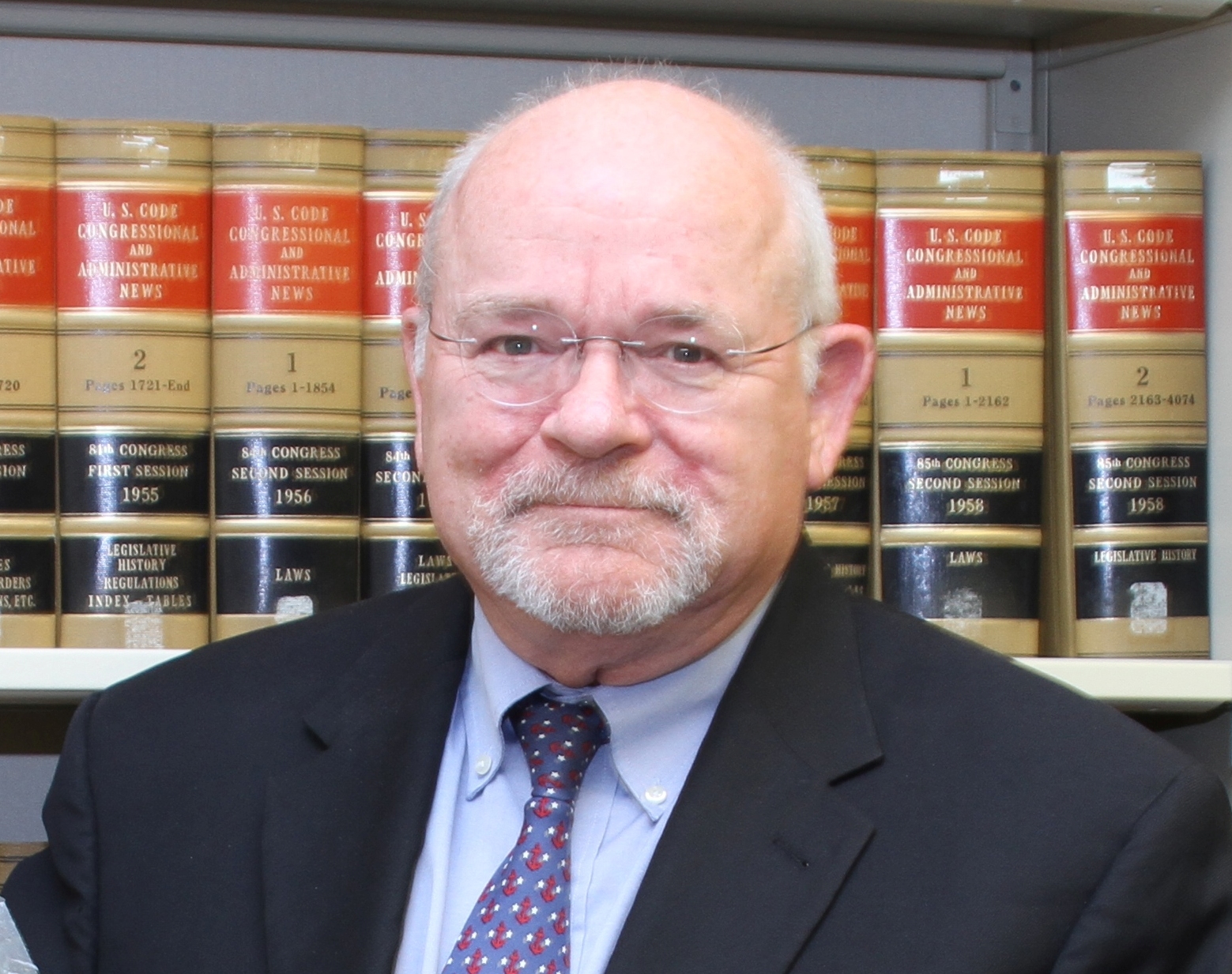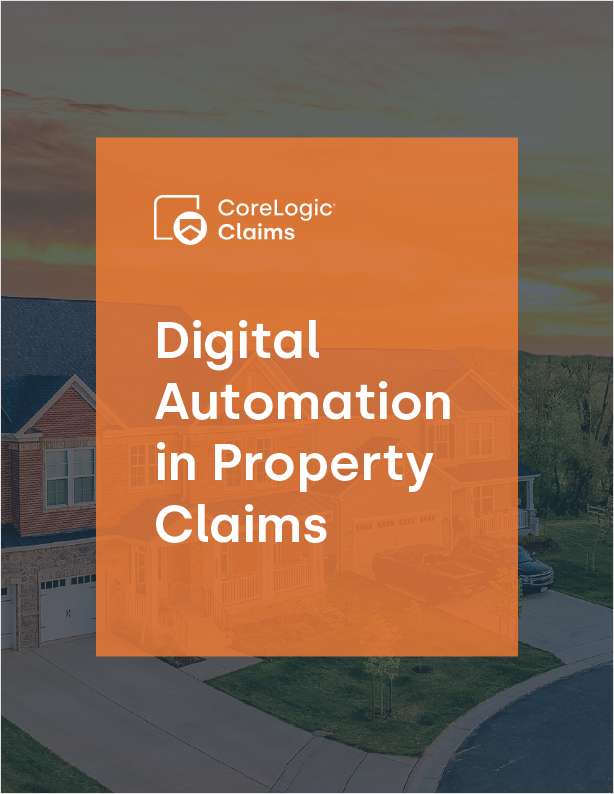Viewpoint: Senator is Wrong About 'Knick' Ruling
This is not a conservative or liberal issue. It is a question of Constitutional interpretation.
July 02, 2019 at 12:59 PM
5 minute read
 Dwight Merriam
Dwight Merriam
Sen. Sheldon Whitehouse in his recent National Law Journal broadside, “'Knick'-Picking: Why a Recent SCOTUS Ruling Signals a New Day,” goes off the rails in claiming the U.S. Supreme Court's decision in Knick v. Township of Scott is the product of five conservative justices ganging up to ignore legal precedent so as to impose their agenda and of “dark money” funding a shadowy coalition of groups bent on remaking the court and influencing it to their ends.
The plain fact is that Williamson County v. Hamilton Bank (1985), the decision the court overruled in Knick, was wrongly decided in the first instance and has proved utterly unworkable. This is not a conservative or liberal issue. It is a question of Constitutional interpretation. The Fifth Amendment to the U.S. Constitution provides that no one should have their “private property be taken for public use, without just compensation.” What Knick does is protect that right by opening the door to the federal courts.
The legal construct that Williamson County created was that a person's property could not be deemed “taken” by the government and a claim for compensation justiciable in federal court until they had subjected themselves to a long process in state court to see if the government b forced to pay something for the rights it invaded.
In the case of Rose Mary Knick, what her town did was pass a law that said anyone during daylight hours could enter her private farmland where she lives alone to access an old, hardly recognizable small private gravesite 300 yards into her property. Under the doctrine of Williamson County Mrs. Knick hadn't lost anything, at least not yet, even though strangers might wander across her property for years while she sought relief in a state court. Until she was done in state court, her case was not “ripe” for federal court.
What Knick does is make clear that the taking of Mrs. Knick's property interest occurred the moment the town ordered her to open her private property to the public and on that day she ought to have the right to go to federal court to get relief from the violation of her rights under the federal Constitution. Where else should a property owner be able to get relief under the Bill of Rights than in federal court?
The court made a mistake in 1985 in Williamson County. The court corrected it in Knick, plain and simple. Instead of maligning the majority, we ought to commend them for stepping up and admitting there was error and, that as a practical matter, Williamson County had created a procedural nightmare.
Yes, this was a big victory for property rights advocates, but it is not an issue of political and social philosophy, and right versus left. Prof. Daniel R. Mandelker, Washington University School of Law, has taught land use law for seven decades and is revered by government lawyers and planners. He is, in his own words, a “police power hawk.” He believes in comprehensive government planning and tough regulation to promote the public good, including affordable housing, historic preservation, and environmental protection. He has argued for reversal of the Williamson County ripeness rule for more than three decades and he joined in an amicus brief in Knick urging the court to overrule it. Prof. Mandelker lent his voice and reputation to the cause, uninfluenced by “dark money.”
No doubt property owners will be emboldened by this decision and more takings cases will be filed in federal court encompassing a wider range of infringement of private property rights. But the Knick situation, as so many others like it, was entirely avoidable. The town could have negotiated to acquire an easement from Mrs. Knick and paid fair value for it. If she would not agree, and the town felt strongly enough about it and could prove in court that having the access was a public use, it could have used its eminent domain power to take the easement, paying just compensation at the time of the taking.
Finally, no one need fear that federal courts will be deciding garden variety, local zoning disputes for two reasons. First, the federal courts are courts of limited jurisdiction and generally have no right to decide issues of state law, unless they elect do so under the doctrine of pendant jurisdiction. Second, many takings claims going to federal court are going to be free of state claims because the property owners will not challenge the legality of the offending local regulation or decision, instead suing only to get paid for what has been taken.
Let's move on.
Attorney Dwight Merriam is a member of the Connecticut Law Tribune's editorial board.
This content has been archived. It is available through our partners, LexisNexis® and Bloomberg Law.
To view this content, please continue to their sites.
Not a Lexis Subscriber?
Subscribe Now
Not a Bloomberg Law Subscriber?
Subscribe Now
NOT FOR REPRINT
© 2025 ALM Global, LLC, All Rights Reserved. Request academic re-use from www.copyright.com. All other uses, submit a request to [email protected]. For more information visit Asset & Logo Licensing.
You Might Like
View All
ADVANCE Act Offers Conn. Opportunity to Enhance Carbon-Free Energy and Improve Reliability With Advanced Nuclear Technologies

Trending Stories
- 1'Translate Across Disciplines': Paul Hastings’ New Tech Transactions Leader
- 2Milbank’s Revenue and Profits Surge Following Demand Increases Across the Board
- 3Fourth Quarter Growth in Demand and Worked Rates Coincided with Countercyclical Dip, New Report Indicates
- 4Public Notices/Calendars
- 5Monday Newspaper
Who Got The Work
J. Brugh Lower of Gibbons has entered an appearance for industrial equipment supplier Devco Corporation in a pending trademark infringement lawsuit. The suit, accusing the defendant of selling knock-off Graco products, was filed Dec. 18 in New Jersey District Court by Rivkin Radler on behalf of Graco Inc. and Graco Minnesota. The case, assigned to U.S. District Judge Zahid N. Quraishi, is 3:24-cv-11294, Graco Inc. et al v. Devco Corporation.
Who Got The Work
Rebecca Maller-Stein and Kent A. Yalowitz of Arnold & Porter Kaye Scholer have entered their appearances for Hanaco Venture Capital and its executives, Lior Prosor and David Frankel, in a pending securities lawsuit. The action, filed on Dec. 24 in New York Southern District Court by Zell, Aron & Co. on behalf of Goldeneye Advisors, accuses the defendants of negligently and fraudulently managing the plaintiff's $1 million investment. The case, assigned to U.S. District Judge Vernon S. Broderick, is 1:24-cv-09918, Goldeneye Advisors, LLC v. Hanaco Venture Capital, Ltd. et al.
Who Got The Work
Attorneys from A&O Shearman has stepped in as defense counsel for Toronto-Dominion Bank and other defendants in a pending securities class action. The suit, filed Dec. 11 in New York Southern District Court by Bleichmar Fonti & Auld, accuses the defendants of concealing the bank's 'pervasive' deficiencies in regards to its compliance with the Bank Secrecy Act and the quality of its anti-money laundering controls. The case, assigned to U.S. District Judge Arun Subramanian, is 1:24-cv-09445, Gonzalez v. The Toronto-Dominion Bank et al.
Who Got The Work
Crown Castle International, a Pennsylvania company providing shared communications infrastructure, has turned to Luke D. Wolf of Gordon Rees Scully Mansukhani to fend off a pending breach-of-contract lawsuit. The court action, filed Nov. 25 in Michigan Eastern District Court by Hooper Hathaway PC on behalf of The Town Residences LLC, accuses Crown Castle of failing to transfer approximately $30,000 in utility payments from T-Mobile in breach of a roof-top lease and assignment agreement. The case, assigned to U.S. District Judge Susan K. Declercq, is 2:24-cv-13131, The Town Residences LLC v. T-Mobile US, Inc. et al.
Who Got The Work
Wilfred P. Coronato and Daniel M. Schwartz of McCarter & English have stepped in as defense counsel to Electrolux Home Products Inc. in a pending product liability lawsuit. The court action, filed Nov. 26 in New York Eastern District Court by Poulos Lopiccolo PC and Nagel Rice LLP on behalf of David Stern, alleges that the defendant's refrigerators’ drawers and shelving repeatedly break and fall apart within months after purchase. The case, assigned to U.S. District Judge Joan M. Azrack, is 2:24-cv-08204, Stern v. Electrolux Home Products, Inc.
Featured Firms
Law Offices of Gary Martin Hays & Associates, P.C.
(470) 294-1674
Law Offices of Mark E. Salomone
(857) 444-6468
Smith & Hassler
(713) 739-1250












